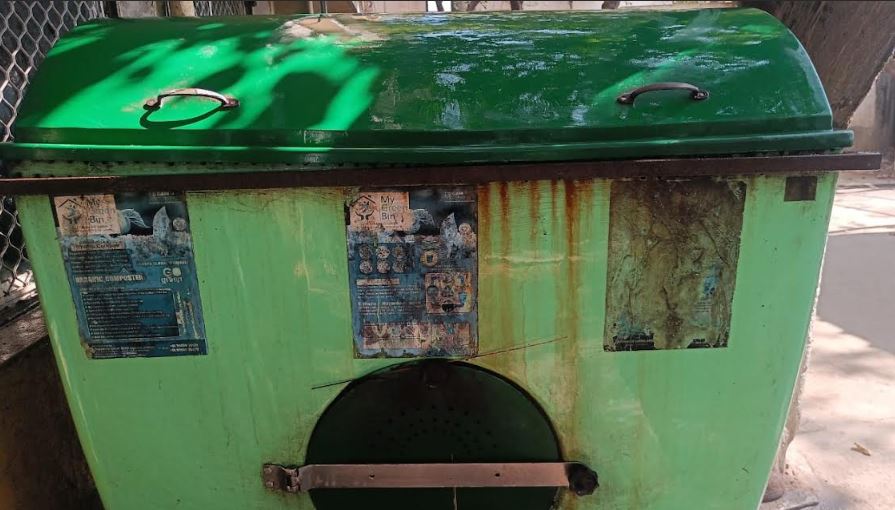The Sustainable Development Goals (SDGs) are a set of 17 global goals adopted by the United Nations in 2015. These goals aim to address the world’s most pressing challenges, such as ending poverty and hunger, promoting gender equality, climate change, and social injustice, ensuring good health and well-being, providing quality education etc. The SDGs aim to create a more sustainable, equitable, and prosperous world for all by 2030. They provide a framework for governments, businesses, civil society, and individuals to work together to address the complex challenges facing our world.
BVRIT HYDERABAD College of Engineering for Women is committed to contributing to the United Nations’ Sustainable Development Goals (SDGs). To achieve this, the college has undertaken various eco-friendly initiatives, including the development of a green belt, rainwater harvesting pits, a sewage water treatment plant, and a comprehensive waste management system that includes proper disposal, recycling, and conversion of food waste into manure. Additionally, the college has installed a solar plant, demonstrating its dedication to sustainability and environmental responsibility.
BVRIT HYDERABAD College of Engineering for Women has taken a significant step towards sustainability by installing a 34 kWP Grid Tied Roof Top Solar PV System. This eco-friendly initiative was made possible through the Jawaharlal Nehru National Solar Mission program, facilitated by the Telangana State Renewable Energy Development Corporation Limited, at a total project cost of Rs. 17 lakh.
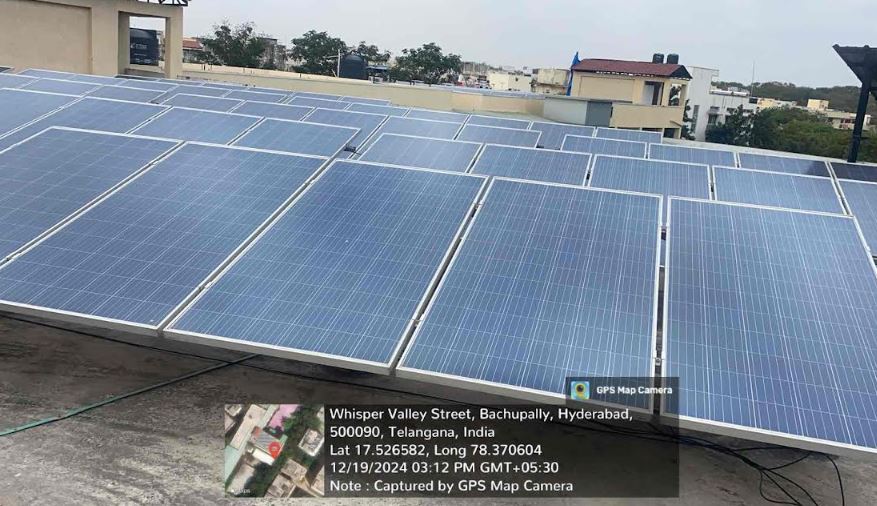

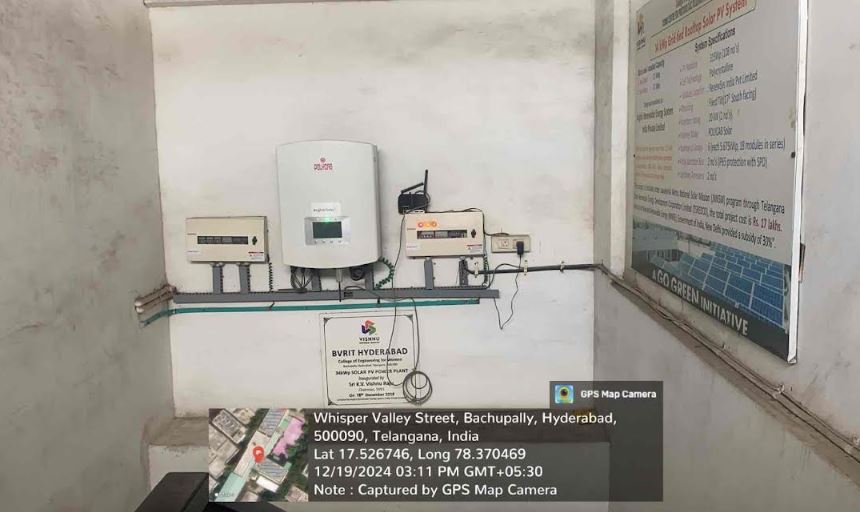
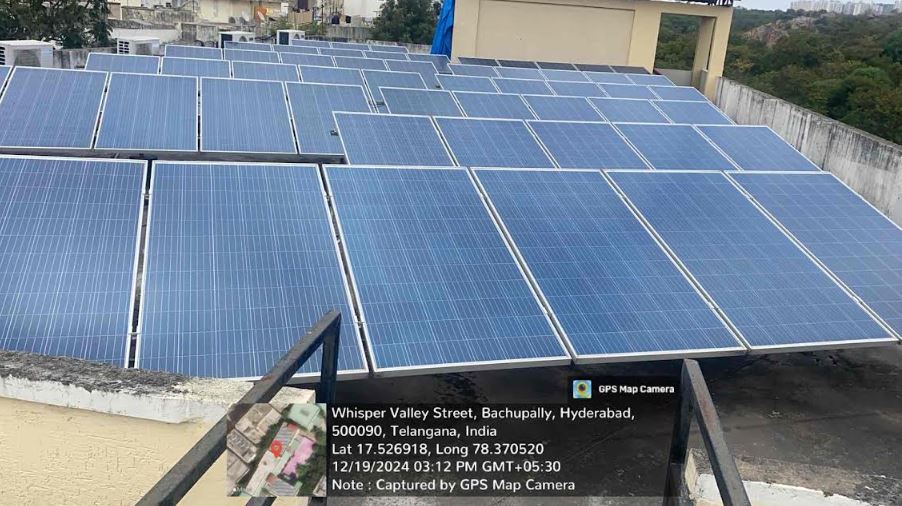
BVRIT HYDERABAD College of Engineering for Women has set up a state-of-the-art Sewage Water Treatment Plant with a capacity of 60,000 liters per day (KLD), utilizing advanced Sequencing Batch Reactor (SBR) technology. This eco-friendly facility enables the college to recycle wastewater, which is then reused for gardening and cleaning purposes, promoting water conservation and sustainability.
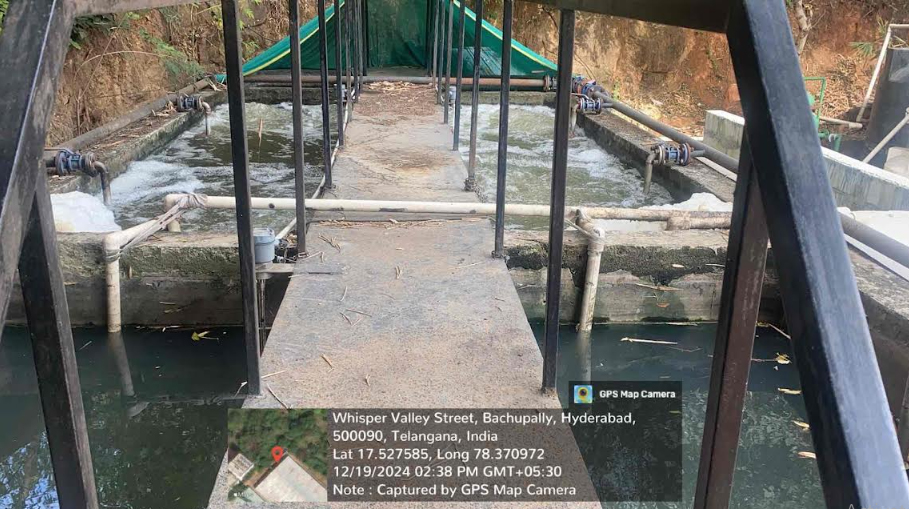
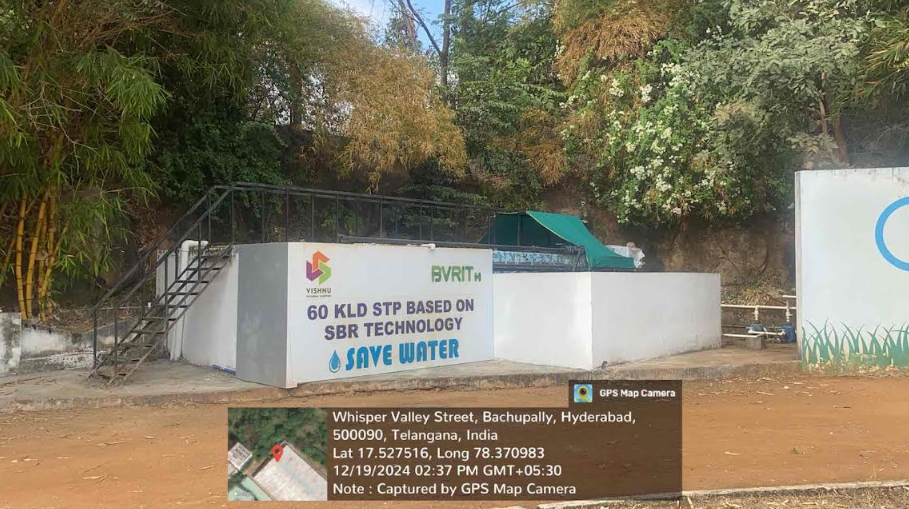
In line with its commitment to water conservation, BVRIT HYDERABAD College of Engineering for Women has implemented a comprehensive water management system. In addition to the Sewage Treatment Plant (STP), which recycles and reuses wastewater, the campus also features four Rainwater Harvesting pits with a total storage capacity of 55,394 litres. This integrated approach enables the college to optimize water usage, reduce its water footprint, and promote sustainability.

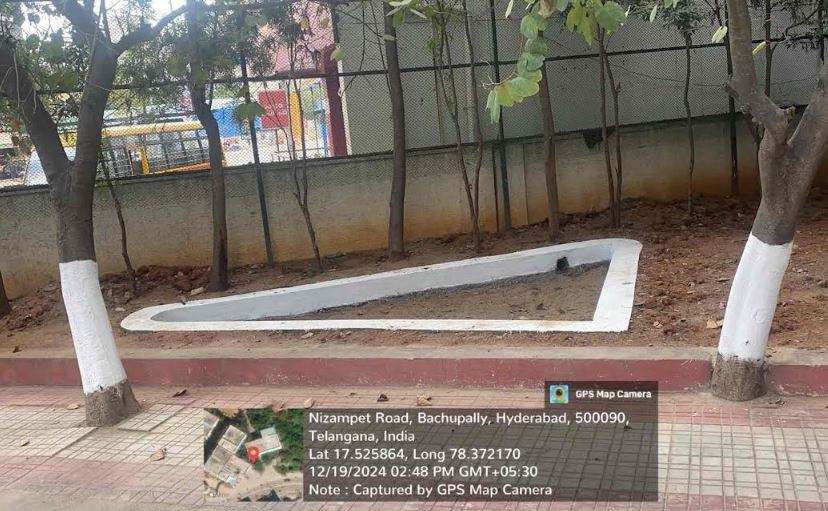
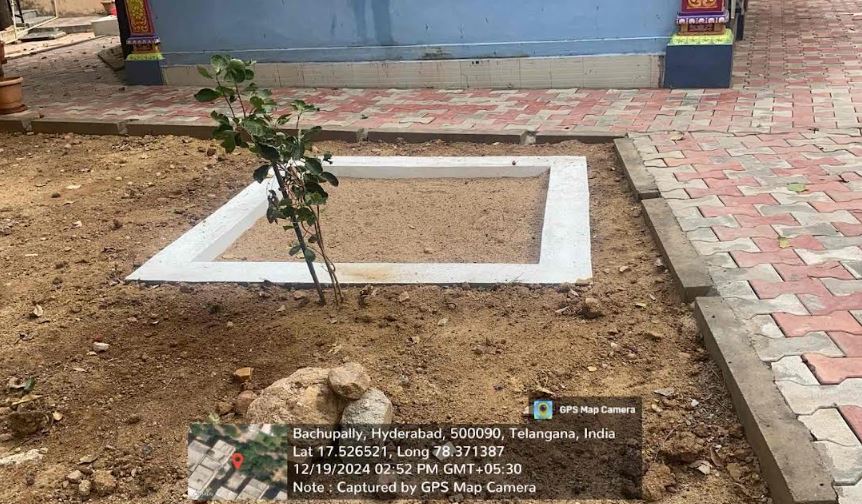
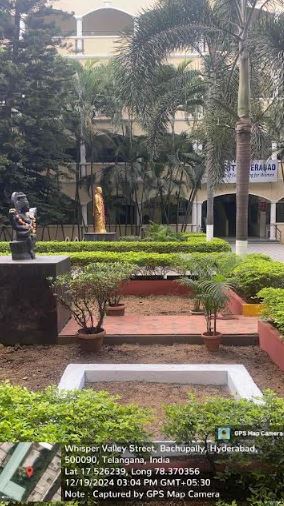
BVRIT HYDERABAD College of Engineering for Women has taken a proactive stance on reducing pollution by promoting the adoption of electric vehicles within its campus. To support this initiative, the college has established an electric vehicle charging station, providing a convenient and sustainable transportation option for students and faculty.
Furthering its commitment to innovation and sustainability, the college has also set up a state-of-the-art Vehicle Design Lab. This facility enables students to design, develop, and test electric vehicles, fostering hands-on learning and encouraging participation in national and international competitions.
The campus has fully embraced eco-friendly transportation, with a fleet of electric vehicles, bikes, and bicycles available for internal transportation, reducing carbon emissions and promoting a healthier environment.
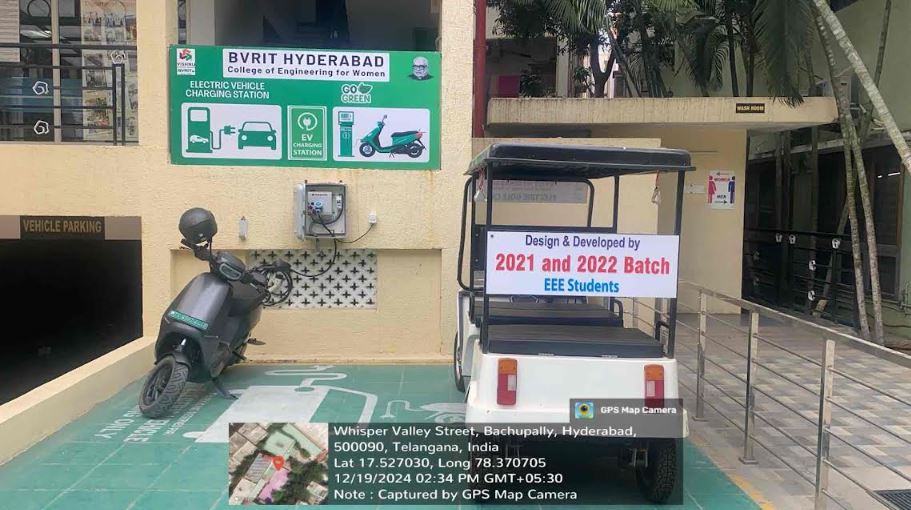

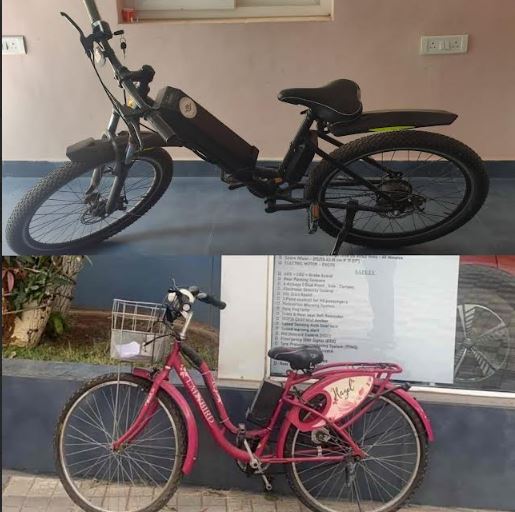
The Library at BVRIT HYDERABAD College of Engineering is a shining example of energy efficiency. Its innovative design features a glass-fronted façade, allowing an abundance of natural sunlight to flood the interior. This clever design enables the library to remain lit during daylight hours, approximately from 10:00 AM to 04:00 PM, eliminating the need for artificial lighting and reducing energy consumption.
We are also art o Energy Swaraj Foundation and received Silver certificate of Appreciation for Making the Institution’s 500+ people Energy Literate
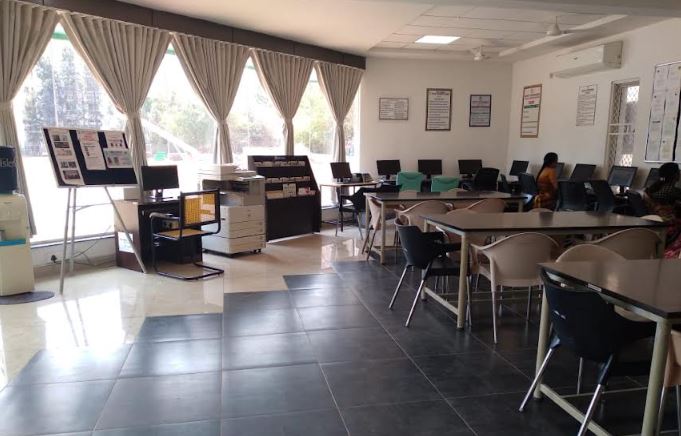
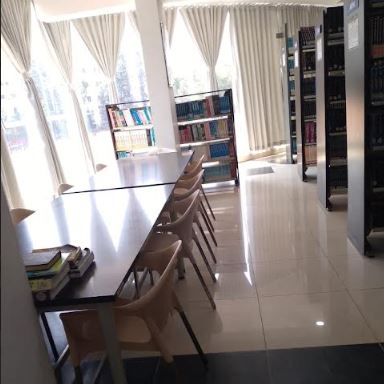

BVRIT HYDERABAD College of Engineering for Women has implemented an innovative initiative to convert food waste into manure. The college’s food waste management system ensures that all organic waste is collected, processed, and transformed into nutrient-rich compost and creates a valuable resource for the college garden and landscaping. By adopting this sustainable practice, the college promotes environmental responsibility and sets a positive example for its students and community.
